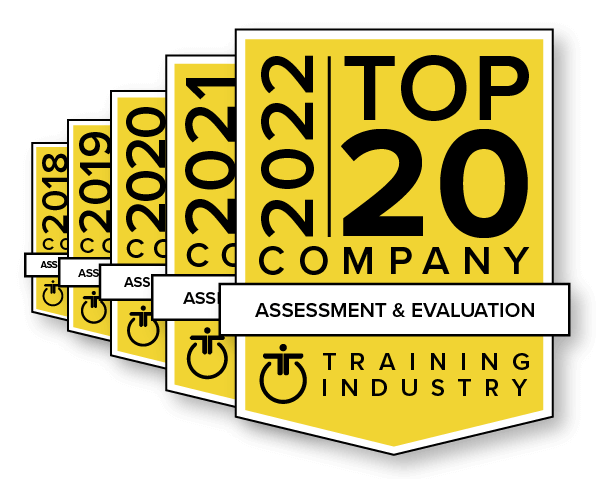Before you judge someone, walk a mile in their shoes…
…you won’t understand them any better, but you’ll be a mile away… and you’ll have their shoes. Joking aside, when it comes to managers and team leaders, judging other people in their team, in order to help them perform better, is generally a bit of a nightmare.
Whilst most organisations espouse a coaching culture very few actually achieve it. The bottom line is coaching doesn’t happen as much as it should. Most managers claim they simply don’t have the time to coach but, when you scratch beneath the surface, you’ll find a more deep-rooted reason; they don’t know how, or what, to coach.
It’s easy when a team member has a clear skills gap or attitude problem, the manager knows what they are looking at and can tackle it head on. But most of the time is less obvious and the route to improvement isn’t always easy. The manager doesn’t have a clear way forward and, more often than not, is fearful of getting it wrong. If their attempt at coaching lands badly there’s a real risk of conflict, damaged relationships and a worsening of the performance issue.
Everything we do relies on working well with others and we all, and especially managers, need to be good at it. It’s all about appreciating and understanding our own, and the other person’s motives; the core that gives us our feeling of value and self-worth, what we call your Motivational Value System, your MVS. We’re all different and, if we’re coaching someone with a different MVS to your own there’s a real risk of getting it wrong. For example, a person with a process motivation will look to plan the way forward whilst someone with a performance motivation will look to cut to the chase. There’s an obvious clash and, unless acknowledged and appreciated, a risk of conflict.
That’s where our Talent Effectiveness Platform comes in.
Every team member completes SDI 2.0, to identify their MVS, and the results are shared across the team. Once everyone is aware of their own, and others, MVS they can plan their interactions accordingly. By matching our own approach, and how we communicate, to the other person’s MVS, we can ensure we get the most effective outcome possible. And that gives the manager the confidence of knowing what to say and how to say it, which makes the chance of the conversation actually taking place much more likely. Suddenly managers do have time to coach after all.
Our Talent Effectiveness Platform does the planning for you. It enables you to compare your MVS with the person you are about to coach and offers clear, practical advice on how to approach them to best effect. It provides guidance across a range of scenarios, from face to face conversations to how to frame an email, to ensure your coaching intervention lands well. By framing your coaching in a way that appeals to the other person’s MVS you will ensure it is well received and, chances are, will be acted upon. Conflict is avoided and the desired outcome is achieved.









